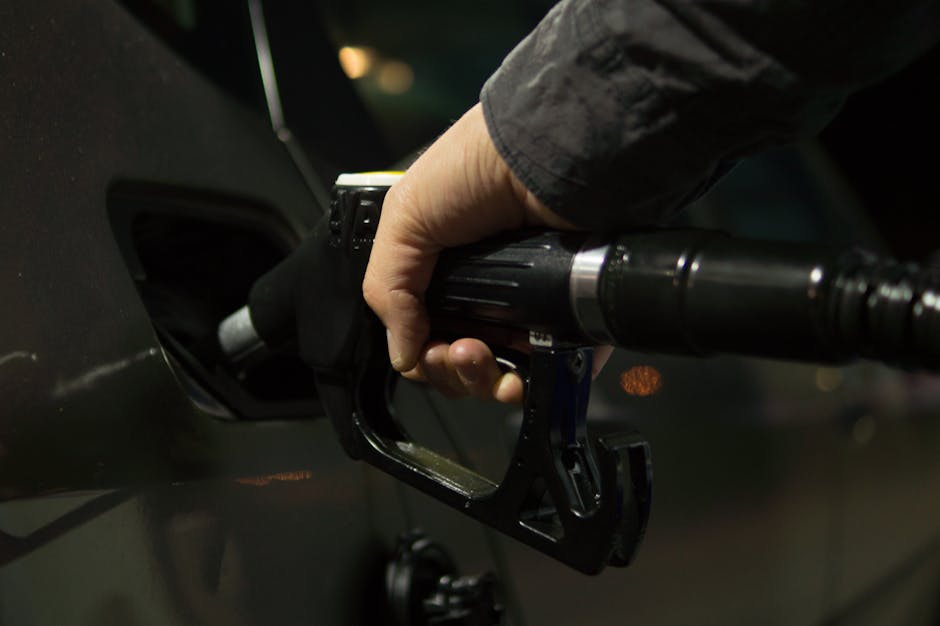Fuel quality
Regulating Body
Federal Agency for Technical Regulating and Metrology (Ростехрегулирование)
Standard Type
Euro 5
All gasoline and diesel fuels sold in Russia
History
Removal of lead from gasoline
Russia banned the use of leaded gasoline nationwide in 2003 with the Federal Law on Banning Production and Use of Leaded Gasoline in Russian Federation. Prior to that, beginning in the mid-1980s the use of leaded gasoline was prohibited in the biggest cities and resort zones in the Soviet Union.
Fuel Quality Upgrading
As early as 2006, a Ministry of Industry and Energy plan called for the introduction of Euro 3, 4, and 5 fuels (gasoline and diesel) on 1 Jan 2009, 1 Jan 2010, and 1 Jan 2013, respectively. However, this timeline was not achieved.
Formal technical requirements for motor fuels were introduced by Governmental Decree No. 118, “About approval of Technical Regulation “About requirements to motor and aviation petrol, diesel fuel and ship’s fuel, jet fuel and fuel oil.” The Decree was first passed on 27 Feb 2008, with changes and amendments made 30 December 2008 (No. 1076), 21 April 2010 (No. 268), 07 September 2011 (No. 748), and 25 September 2008 (No. 712).
The rules mandate the following timeline for nationwide fuel quality upgrades:
- Euro 3 fuel with max 350 ppm (diesel)/150 ppm (gasoline) sulfur required beginning 1 January 2013.
- Euro 4 fuel with max 50 ppm sulfur required beginning 1 January 2015.
- Euro 5 fuel with max 10 ppm sulfur required beginning 1 January 2016.
Although the national standard is Euro 3, Euro 4 and even 5 fuels are available in some parts of Russia.
Links
Regulatory agencies Federal Agency for Technical Regulating and Metrology (Ростехрегулирование)


